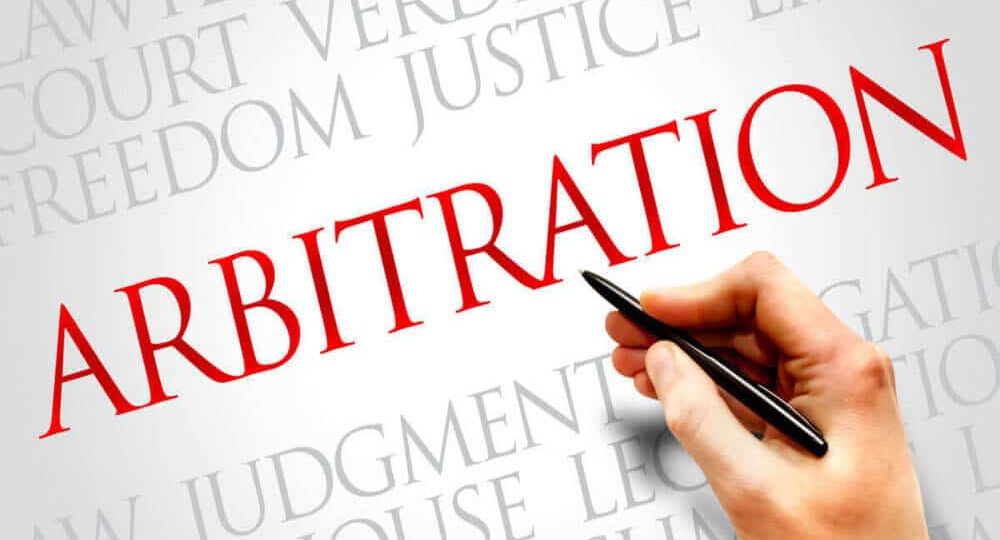Section 148 of the Indian Contracts Act, 1872 defines ‘bailment’ as a special contract. Etymologically, it means to ‘hand over’ or ‘change of possession of goods’. The statutory provisions
Prostitution means engaging in sexual activities for commercial purposes. It can also be described as the act of selling sexual services in return for monetary or other valuable remunerations. Prostitutes include women, men, Transgender, homosexuals, heterosexuals etc.
The Armed Forces (Special Powers) Act is like many other colonial eras ‘Draconian Laws’. Which is contested as unconstitutional several times. The AFSPA was first promulgated as an ordinance by then Viceroy Linlithgow concerning the 1942 Mahatma Gandhi-led Quit India campaign. Armed
Alternative dispute resolution (ADR). refers to the different ways people can resolve disputes without a trial common ADR process includes mediation, arbitration, and neutral evaluation. These processes are generally confidential, less formal, and less stressful than traditional court
In today’s world, Intellectual Property Rights (IPR) is a powerful tool. The chance of an invention being infringed upon without the inventor’s awareness is very high. As the value of IP has grown, cases of IP theft have become commonplace in the digital age, sometimes even resulting in the
In 1921, Maulana Shaukat Ali, Maulana Mohammad Ali, and Shri Shankaracharya were tried under the sedition law during the peak of the khilafat movement.
Cyber law, in general, is a type of regulation that concentrates on the correct use of information, including such equipment and software, the computer, and networks. It also considers how individuals utilize technology in their everyday lives. Consumers are protected by cyber law since it
The 25+ years of a legal battle for LGBTQIA+ Rights tentatively began with a Public Interest Litigation (PIL) filed in 1994 by AIDS Bhedbhav Virodhi Andolan. The PIL challenged the constitutional validity
Hotels and restaurants are some of the most popular places for people to spend their time with their loved ones. Celebrating weekends, commercial meetings, and special gatherings are some of
A quasi-judicial adjudicatory process called arbitration allows the parties to resolve their differences through the appointment of arbitrators by the court or by the parties themselves. The provisions of the Arbitration & Conciliation Act, 1996 regulate, limit, and control procedures and decision-making.











